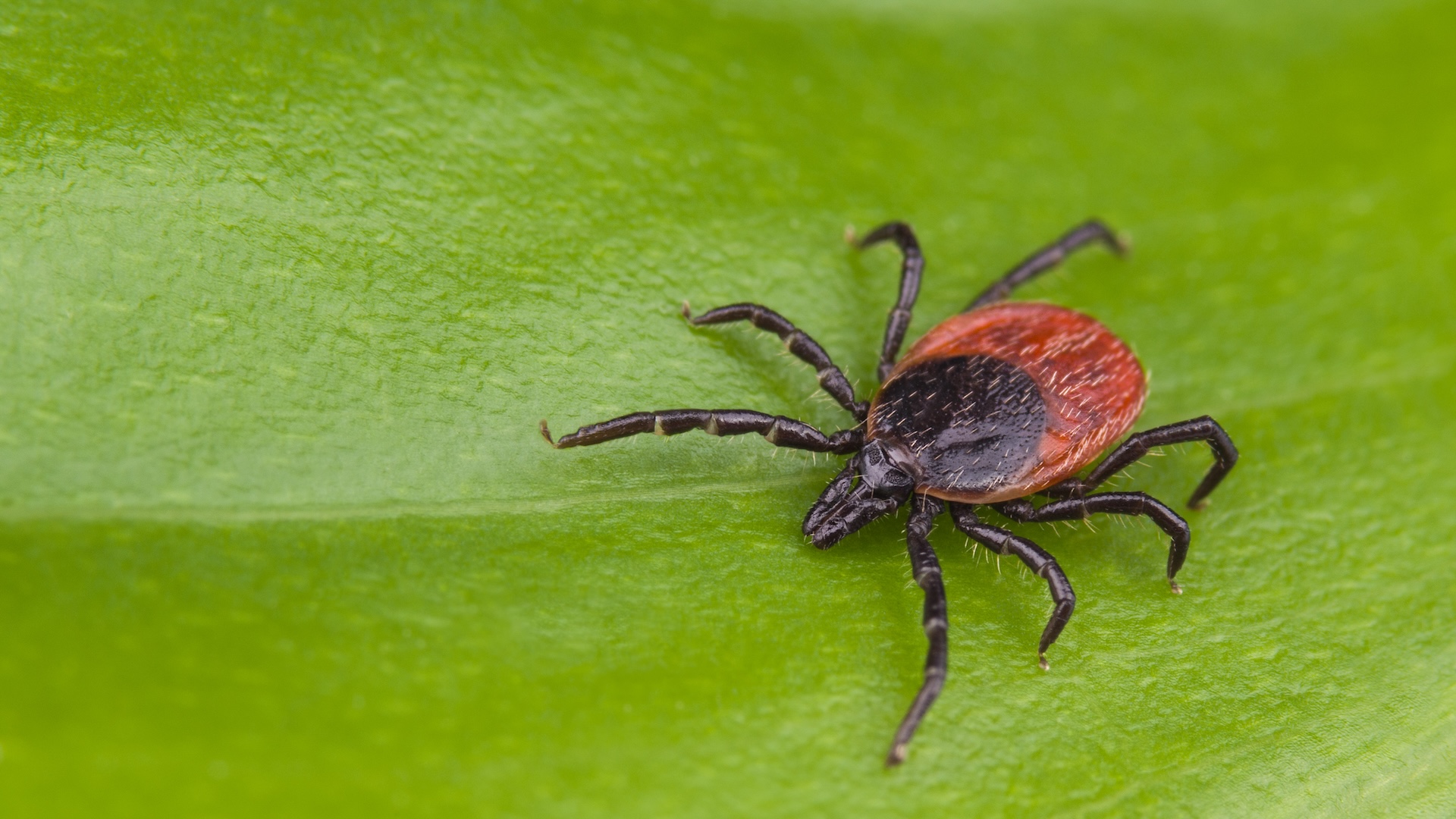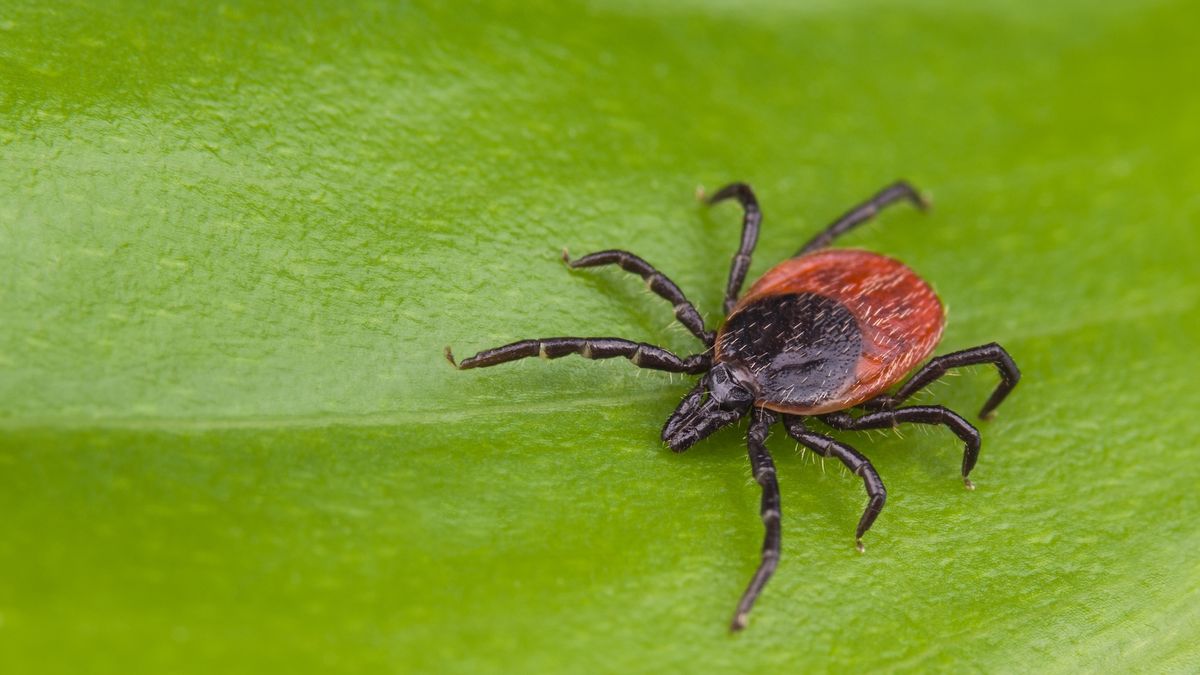Now Reading: CDC Reports Multiple Tick Species in US Linked to Red Meat Allergy
-
01
CDC Reports Multiple Tick Species in US Linked to Red Meat Allergy
CDC Reports Multiple Tick Species in US Linked to Red Meat Allergy

Swift Summary
- Alpha-gal Syndrome: A rare meat allergy linked to tick bites,previously thought to be caused primarily by lone star ticks in the U.S., now confirmed to be transmitted by black-legged (deer) ticks as well.
- Affected Regions:
– Lone star ticks dominate southern and eastern U.S.
– Black-legged ticks are found across the eastern half of the U.S.and Midwest, while western black-legged ticks inhabit California and Oregon.
- Case Reports:
– A Maine woman developed alpha-gal syndrome after a deer tick bite. Symptoms included abdominal pain, digestive issues post-meat consumption, culminating in severe diarrhea and vomiting.Allergy resolved within ten months.
– A Washington wildlife biologist suffered severe allergic reactions after bites from western black-legged ticks, requiring epinephrine treatment. Avoidance of red meat mitigated symptoms over time.
- Scientific Findings:
– Some tick species secrete alpha-gal antigens that may trigger an allergic response in humans during feeding.
– Why lone star ticks cause majority of cases remains under inquiry; further research needed on differing species’ mechanisms of transmission.
Image Credit: Ladislav Kubeš via Getty Images.

Indian Opinion Analysis
Alpha-gal syndrome highlights global concerns around expanding prevalence of zoonotic diseases due to changing ecosystems and habitats. for India-a country where dietary preferences vary significantly between vegetarianism and reliance on red meats-understanding emerging global health challenges is key for proactive policy-making regarding disease surveillance.
Though this news targets U.S.-specific cases, it raises questions about whether similar conditions exist undiagnosed elsewhere due to India’s diverse wildlife vectors such as mosquitoes or other arthropods known for their role in transmitting diseases endemic to tropical climates (e.g., malaria or chikungunya). Moreover, projecting international findings into policy frameworks supporting livestock industry measures and public awareness could mitigate disease risks tied specifically to red meat allergens among vulnerable communities domestically.
For countries reliant on outdoor agricultural activity like India’s rural workforce-awareness campaigns about best practices for preventing vector-borne illnesses warrant immediate prioritization sooner than localized outbreaks emerge unnoticed publicly later-on dent unexpectedly food-supply chain insecurities downstream aquaculture long-term!!
Explore more: read More

























